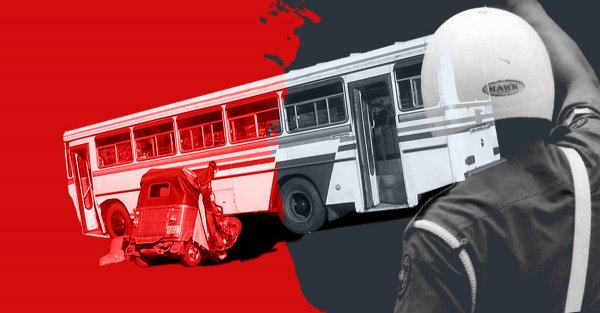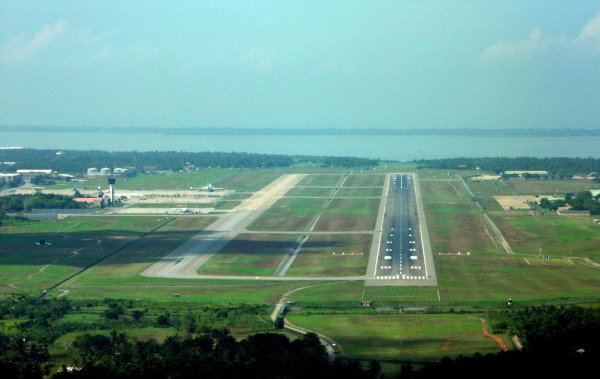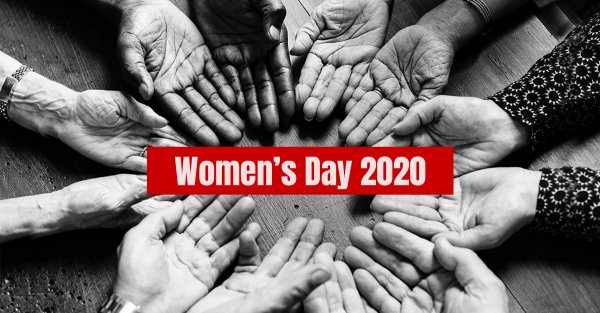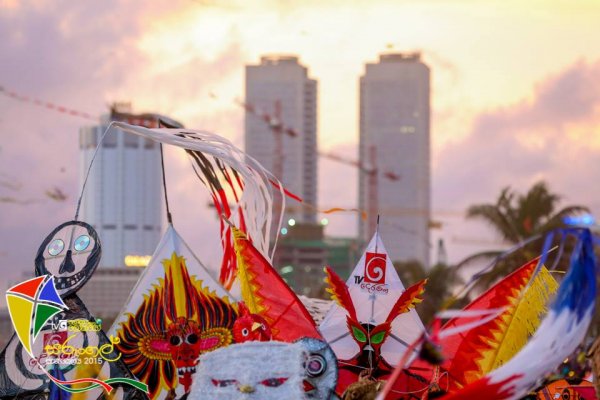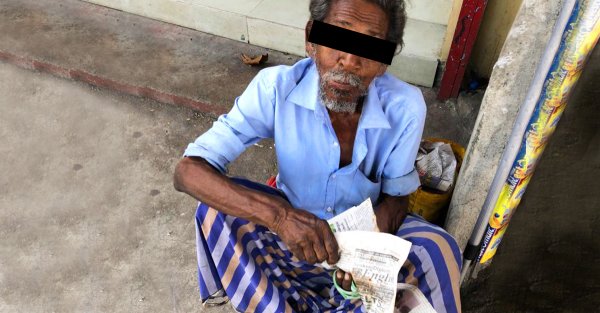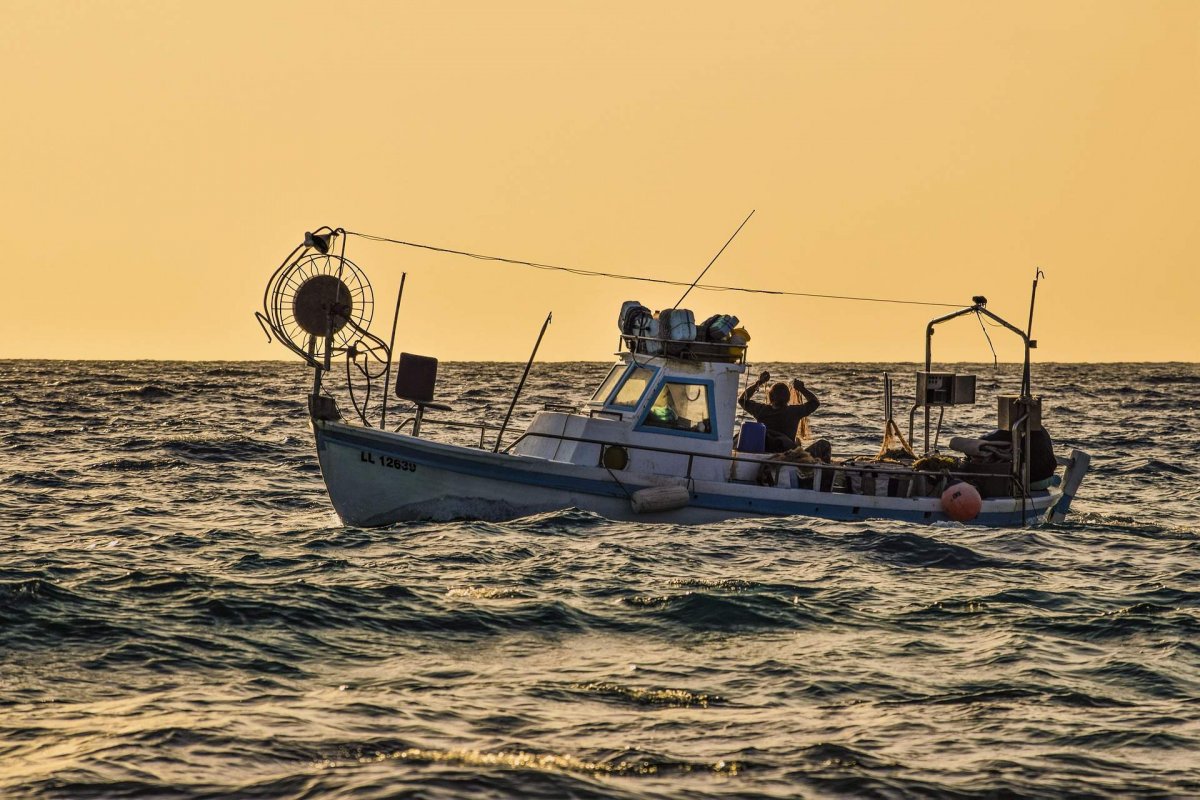
There was a time when Indian bottom trawlers violating international law and encroaching Sri Lankan waters made regular headlines. In response, the Sri Lankan Navy arrested Indian fishermen on a weekly basis, and confiscated their bottom trawlers. There were also regular updates from Tamil Nadu’s late Chief Minister Jayalalithaa, who brought up the issue of ‘historic waters’ surrounding the Kachchativu island. The argument was that despite internationally recognised maritime borders, the waters surrounding the island ‘historically’ belonged to Tamil Nadu, which gave those fishermen the right to fish in it.
Yet, over the years, things have changed. The furore over fishing has relatively died down.
Since last year, the Ministry of Fisheries has conducted a series of programmes islandwide to inform the public of recent developments concerning the conflict. The idea was to change the perception—both local and international—of events unfolding in local waters, and to underline the act of Illegal, Unreported and Unregulated (IUU) fishing carried out by bottom trawling foreign vessels in local waters.
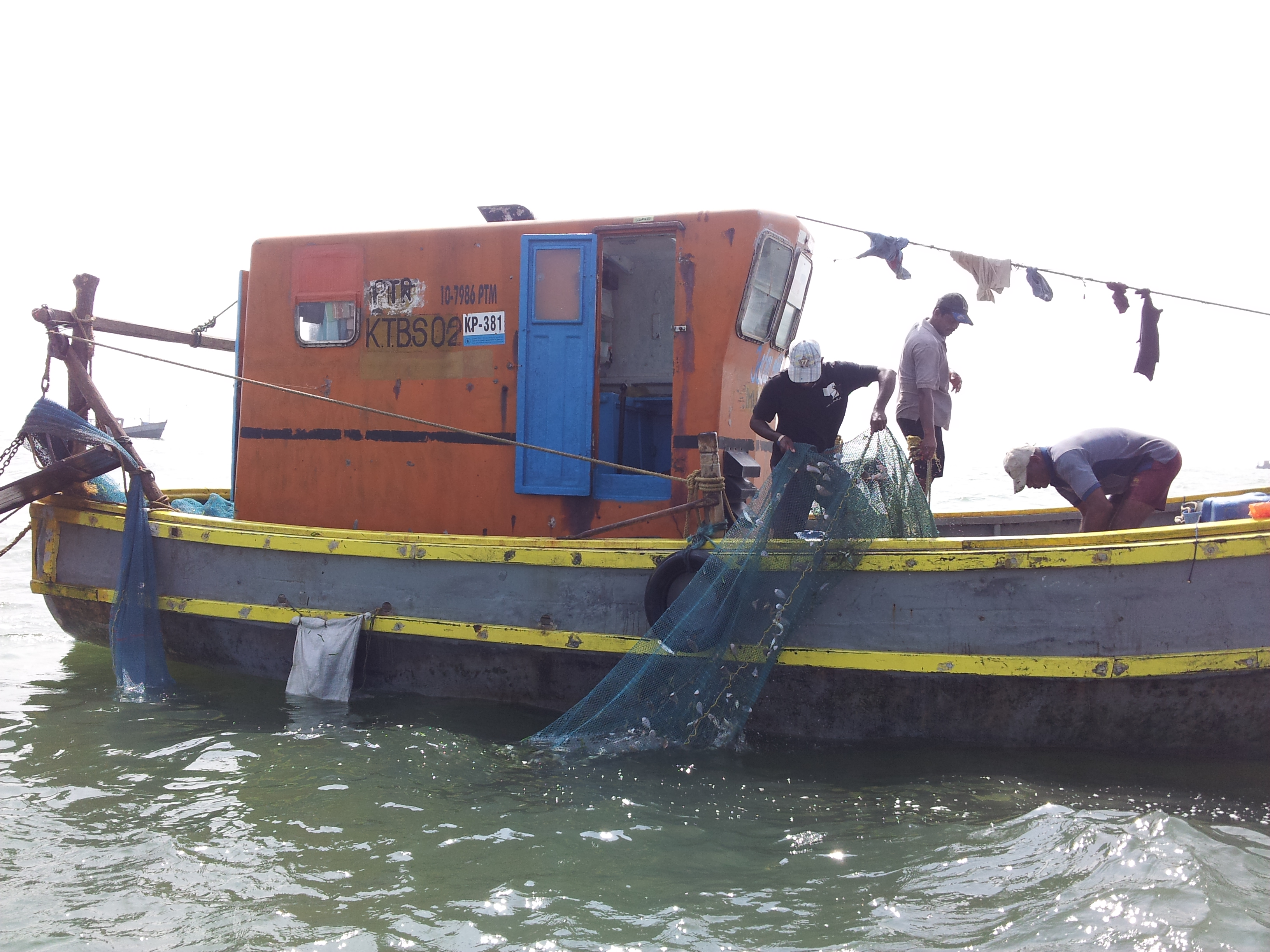
At the same time, the number of arrests made of defaulting fishermen has steadily dwindled. Activists and lobbyists, armed with revamped legislation, are now arguing that more pressure from the government is necessary. They contend that there is decreasing attention towards illegal fishing by Tamil Nadu fishermen, which has not stopped despite proactive measures.
Old Laws, Refurbished
The issue of IUU fishing was first highlighted back in 2013, a few years after the end of the civil war. Local fishermen received the long-awaited opportunity to fish in Northern waters during the post-war years. This provided them the opportunity to rebuild their livelihoods, which were devastated by strife. But what welcomed them were monstrous bottom trawlers that stood like giants in comparison to the small-scale fishing boats of the North.
Prior to two specific political incidents—the change in the Sri Lankan Government in 2015 and the death of the firebrand Tamil Nadu Chief Minister Jayalalithaa in 2016—Sri Lanka carried out ad hoc arrests of encroaching fishermen.
The Navy’s proactive approach of arresting and confiscating Tamil Nadu trawlers for IUU fishing in Sri Lankan waters between 2013 and 2015, resulted in the highest number of arrests in 2014. This, in turn, led to correctional facilities becoming overcrowded with fisherfolk from Tamil Nadu.
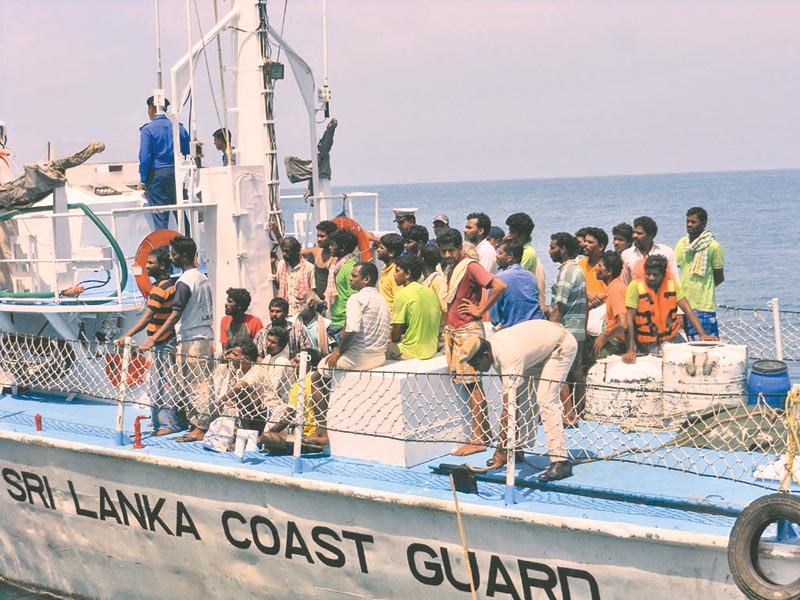
However, since 2016, the numbers have reduced. The Sri Lanka Navy, which continues to make arrests, has said that arrests are carried out whenever encroaching trawlers are observed during routine perimeter checks.
In addition, the Government has released a number of fishermen in a bid to reduce the burden on overcrowded prisons in the Northern and Eastern provinces. However, fishermen were also released because they were not charged under the ‘correct law’.
According to Attorney-at-Law Chinthaka Fernando, legal representative of the Fisheries Cooperative of the Northern Province, incarcerated fishermen have been released because they were charged with entering the country illegally, under the Immigration and Emigration Act of Sri Lanka.
Fernando noted that the government’s case is weakened by using the wrong legislation. “Inmates who were charged under the Immigration and Emigration Act have no case that could be heard in courts,” he said. “They have been charged under the wrong legislation. That’s why they are released and repatriated back to India, after languishing in local jails. Subsequently, however, they all come back. When asked why the inmates were charged under the wrong law, Fernando iterated, “We don’t know, especially since the proper legislation was readily available.”
Fernando iterated that the provisions of the amendments made to the Fisheries Act, which came into effect in 2018, is currently being utilised to take action against recently arrested fishermen.
According to Fernando, the Government pushed to enforce amendments to the current legislation when its loopholes became apparent, back in 2016. In 2018, the Fisheries (Regulation of Foreign Fishing Boats) Act No 59 of 1979 was reintroduced with amendments.
These included a change in jurisdiction, from High Courts to Magistrate Courts. The amendment that came into effect last July also enforced increased penalties on offenders. According to Fernando, 15 vessels have been arrested and their crew members prosecuted under the Act since its enactment.
Fisheries activist Thiyagaraj Waradas noted that regular arrests by the Sri Lanka Navy and prosecution by the Department of Fisheries under the amended Act, has the potential to deter Tamil Nadu boat owners from fishing illegally in Sri Lankan waters.
Apart from this, lobbyists have called for the decommissioning of bottom trawlers that are taken into custody, by either sinking or destroying them once legal procedures have been completed.
The call from activists comes in the wake of Sri Lankan authorities consistently releasing confiscated trawlers. The last batch of six boats were released on 1 February, 2019. Between 2018 and January this year, the Navy has released 34 trawlers to their owners. According to Waradas, this has drawn condemnation from Northern fishermen. Marine biologist and fisheries activist, Dr. Steve Creech, said, “Detained vessels should only be released if and when the fine imposed by the Courts, under the Act, is paid by the boat owners.”
Continued Distrust
Sujeewa Fernando (45) was a career fisherman, until he was diagnosed with Chronic Kidney Disease of unknown etiology (CKDu) and had to give up on his work. He is now the President of the Puttalam Fisheries Union, which collaborates with other fishing communities in the country. He also manages vessels operated by his sons. According to Fernando, despite the change of governments and the implementation of more proactive laws, not enough work has been done to alleviate the issues faced by local fishermen.
Contradicting the Sri Lanka Navy, Fernando noted that arrests are made only when a complaint is lodged with the authorities.
“There is no point in telling the Police — they are powerless. The sole authority we can complain to about Tamil Nadu fishermen is the Sri Lanka Navy. But our people and the unions receive the shortest end of the stick when it comes to getting their attention. If 50 vessels encroach our waters, a maximum of 10 would be arrested by the Navy within a month’s time,” he said.
Satellite images taken between 2012 and 2014 showed that approximately 2,500 trawlers crossed the international maritime borders between India and Sri Lanka at night. Every Monday, Wednesday and Saturday, these mechanised bottom trawlers, which are the size of a bus, encroached local waters with steel nets that dug up the sea bed in one fell swoop.
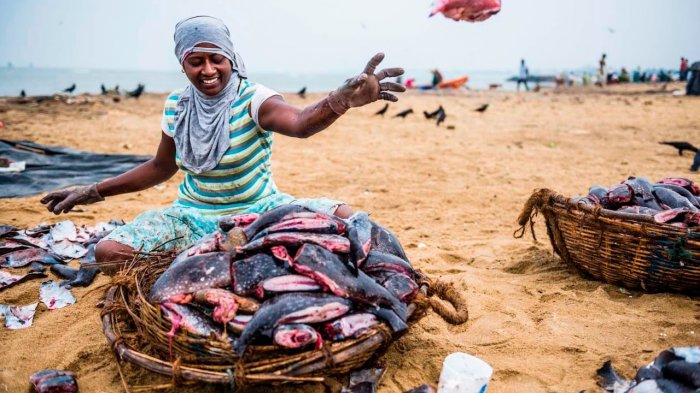
After a series of back and forth discussions between stakeholders, the Sri Lankan government initiated ad hoc arrests. These measures invited criticism from Tamil Nadu, which cried foul and accused the Sri Lankan Navy of arbitrary arrests.
Studies have shown that Sri Lanka lost an average direct income of. six billion rupees per year due to IUU. The seafood industry lost revenue as well, which compounded the economic loss incurred as a whole.
After the issue gained nationwide attention, the Government banned bottom trawling in 2017. However, recent reports have suggested that the illegal practice might see a resurgence soon, with the Government deliberating on amending the law to legalise local trawling.
While the adhoc arrests continue at a snail’s pace, and political attention from Tamil Nadu has somewhat diminished, the plight of disadvantaged fishermen has not changed.
“Every time the foreign fishermen encroach, their boats destroy our nets and equipment,” said Fernando. “There’s no compensation for that. We lodge a complaint, and after ages, arrests are made, only for them to be released again. They won’t stop coming and we are at a complete loss here.”
According to him, IUU fishing only compounds the problems that fishermen already face. “The fishery industry is riddled with many other issues ranging from corruption to poverty, none of which are highlighted by politicians,” he said. “We are struggling to stay alive and the foreign fishermen are but one of our problems.”

